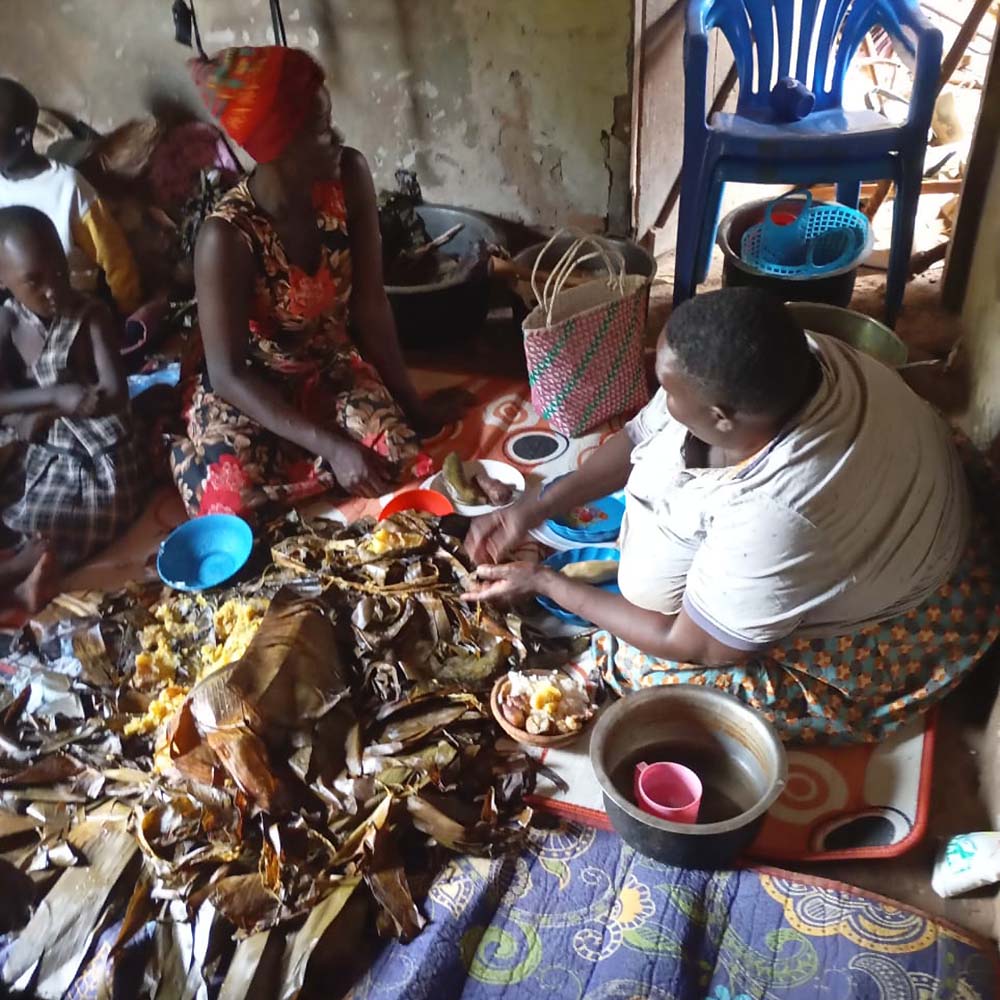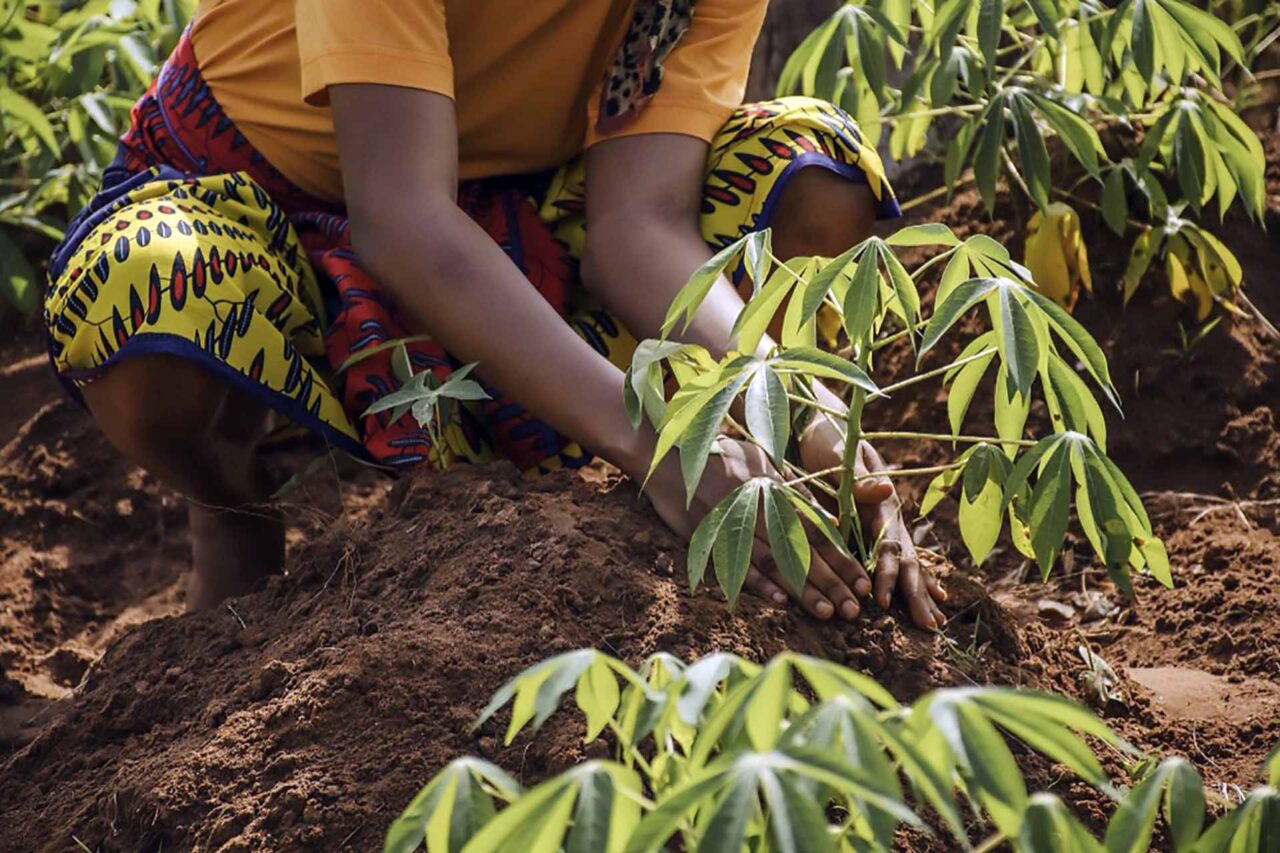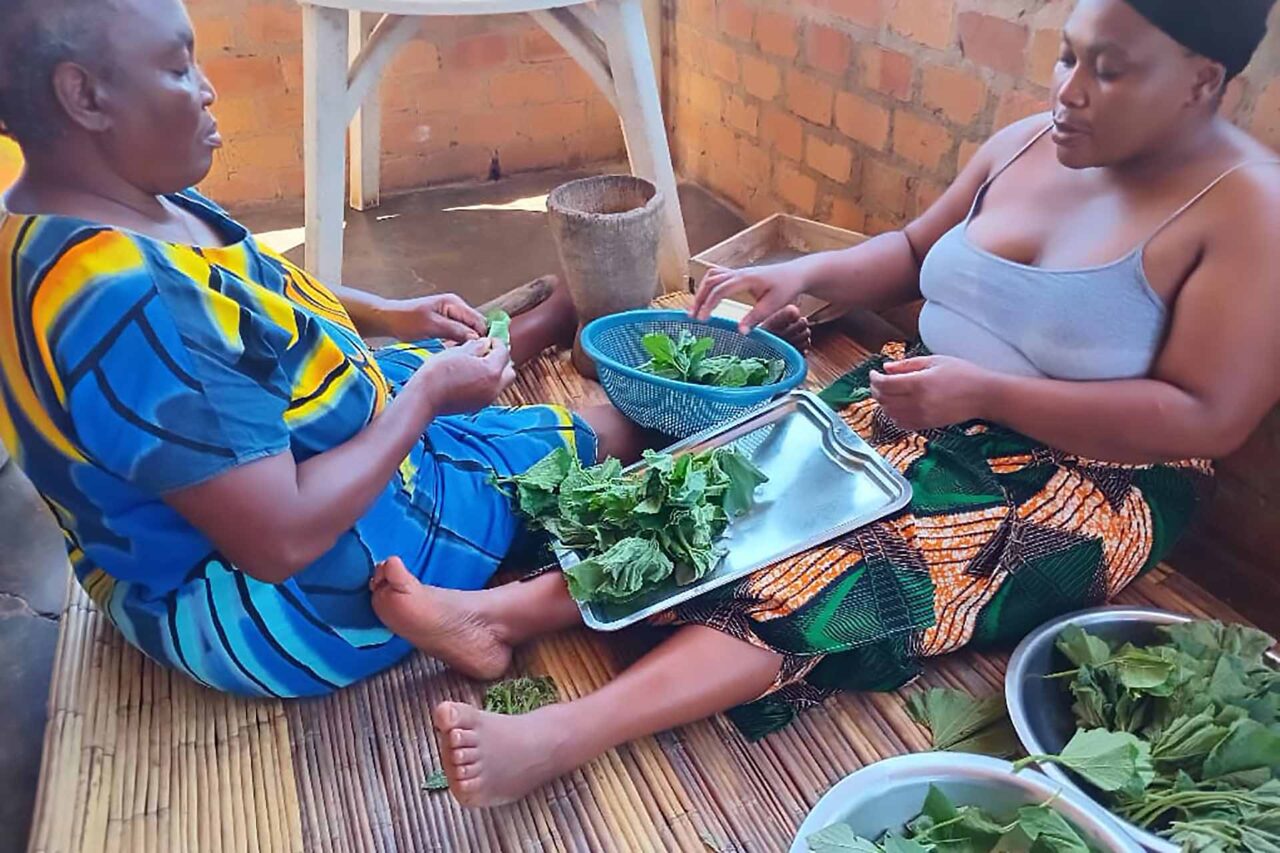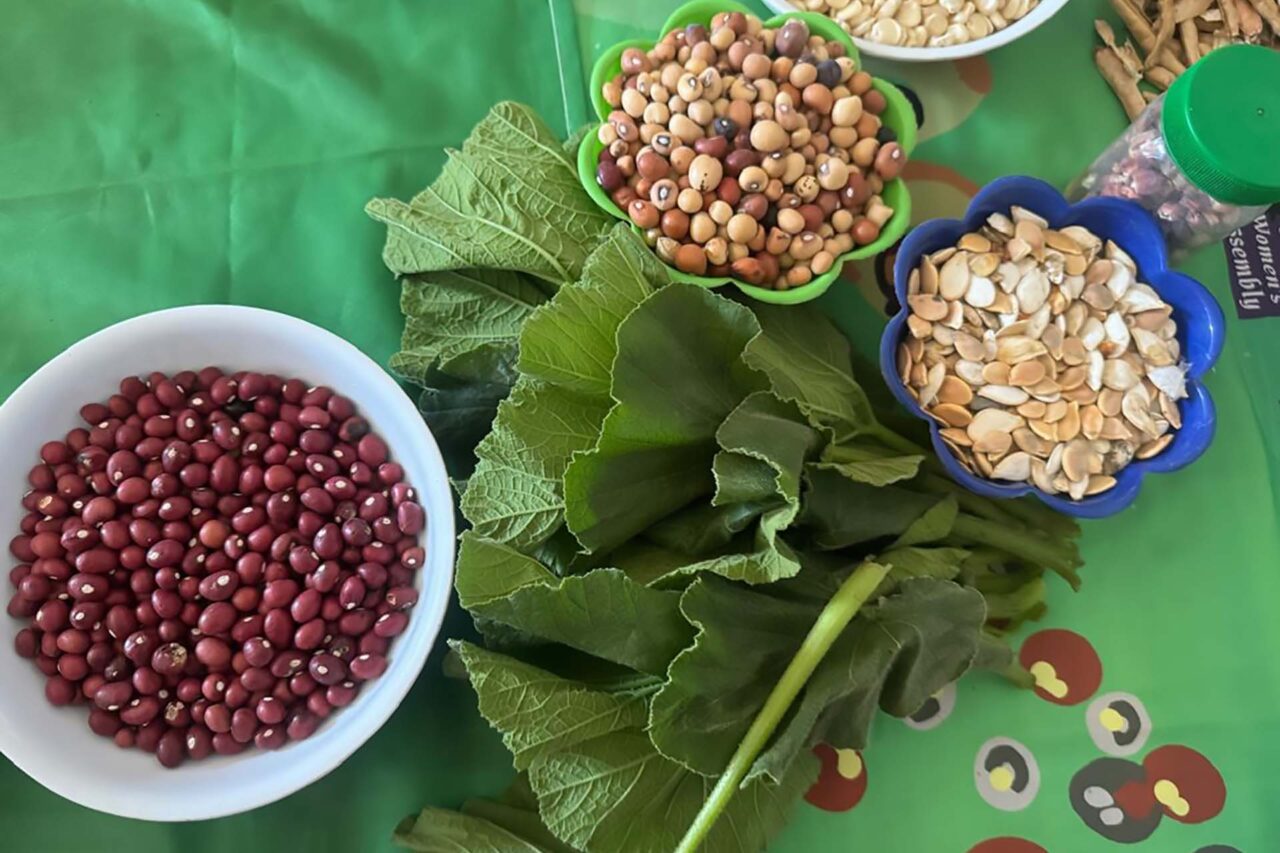Smallholder farmers are still the majority of farmers across Africa, and in Uganda, this group contributes greatly to a sustainable agricultural pattern. Also, agriculture being the backbone of the country in enhancing economic development, these key players ensure a value chain in carrying on cultural knowledge to the younger population. In this way, indigenous farming practices and knowledge on food, nutrition and seed management, selection, multiplying and saving is passed down to generations. The methods used in farming seed and food handling as well as preparation by smallholder farmers are still majorly traditional and based on the ways of their forefathers. As such, farming on the wider scope in Africa as a continent has always reflected the diverse cultures, ceremonies and practices of the locals within a particular context which means intergenerational knowledge for generations, nourishing populations and better health outcomes hence increased economic development.
Uganda
We Are the Future
Women Farmers Promote Indigenous Agricultural Knowledge for Generations
Introduction
The NAFI Project
Ugandan women farmers contributing to healthy food systems
The NAFI project located in Uganda’s Central Province in Mityana District, is an initiative implemented under the African Women’s Collaborative for Healthy Food systems.
The project aims at studying the nutritional and cultural value of eight selected foods such as amaranthus, cowpeas, millet, bambara nuts, local banana, local mangoes, and sweet potatoes.
With only six rural women farmers at the fore front under the East and Southern African Small-scale Farmers Forum (ESAFF), sustainable farming practices of crops locally grown agro ecologically have been embraced by both households and communities in Magongolo village, Mityana District.
The project aims at studying the nutritional and cultural value of eight selected foods such as amaranthus, cowpeas, millet, bambara nuts, local banana, local mangoes, and sweet potatoes.
With only six rural women farmers at the fore front under the East and Southern African Small-scale Farmers Forum (ESAFF), sustainable farming practices of crops locally grown agro ecologically have been embraced by both households and communities in Magongolo village, Mityana District.
Cultural Value of Food Plants
Women are always at the forefront in improving and meeting their household nutritional needs. From seed selection, planting seed, weeding, harvesting, to preparation of meals, women play a crucial role in promoting healthy food systems. This they do ably with the aid of the males/spouses, children and grand-children or even the community at large by offering to them farm support in-terms of free farming land, farm labour, tools and marketing.
This theme highlights the role of women farmers as key players in transferring local knowledge on farming to their households. Some of the women farmers participating in the NAFI project demonstrate their journey in promoting food security for the future by involvement of their children in reasonable amounts of farm work.
The photos below, show that the strength of agroecological farming practices lies in learning, sharing knowledge and passing that knowledge down from older to younger generations. Additionally, it recognises the role of Ugandan women farmers in grooming children in their homesteads to actively participate in building the country’s nutrition and food sovereignty.
This theme highlights the role of women farmers as key players in transferring local knowledge on farming to their households. Some of the women farmers participating in the NAFI project demonstrate their journey in promoting food security for the future by involvement of their children in reasonable amounts of farm work.
The photos below, show that the strength of agroecological farming practices lies in learning, sharing knowledge and passing that knowledge down from older to younger generations. Additionally, it recognises the role of Ugandan women farmers in grooming children in their homesteads to actively participate in building the country’s nutrition and food sovereignty.
This, is the Future of Farming
We are the future of sustainable farming practices. We learn by practice and sharing.
Children are the future of farming. They spend most of the time with their mothers in the fields and learn from them the processes of seed selection, planting, harvesting and preparation of meals.
Children are the future of farming. They spend most of the time with their mothers in the fields and learn from them the processes of seed selection, planting, harvesting and preparation of meals.
Photo credit: Hawa Ndagire


Land Preparation
The young boy in this image is in the field with the elders at a time when they are clearing the field and sowing the seed. He is learning the process of clearing and planting by observing and listening to the elders.
Photo credit: Hawa Ndagire
Harvesting
The learning continues; in this image these children are in the field with the elders learning about harvesting (how and when to do it, how to handle the harvest and getting the harvest ready to be taken home).
Photo credit: Hawa Ndagire


Handling
Carrying the harvest home for the next steps in the preparation process.
Photo credit: Hawa Ndagire
Male Involvement
While women intentionally contribute to food systems, they can only complete the chain with male or spousal support. This enables them to navigate challenges of land access by utilising farm land acquired by their spouse. Therefore, the male offer support in terms of free farming land, man-power in transporting harvests to the market and in return their constructive involvement in assisting the women is a unifying factor for growing family income.
Photo credit: Daisy Nakirabira


Sorting & Seed Selection
The process of seed selection for planting, food and sharing is normally done by the women. In this photo, this mother sorts and selects with her young girl. This is where she imparts the knowledge on seed. Note the different containers here, two are for seed while the other is for those that will be used for food.
This is also a very important time because mothers use it to also share, learn and impart knoledge between mother and daughter. This is normally the best space to start conversations.
This is also a very important time because mothers use it to also share, learn and impart knoledge between mother and daughter. This is normally the best space to start conversations.
Photo credit: Daisy Nakirabira
Preparation: Peeling & Cleaning Seed
Daisy Nakirabira is peeling a local variety of fresh beans for cooking. In this picture, she is doing this with her young girl who will not only learn about the process of cleaning the beans but also how to prepare the beans for stew.
Photo credit: Daisy Nakirabira


Preparation of Bananas
Daisy Nakirabira is starting the process of traditionally preparing green bananas for food. The bananas are peeled, wrapped in fresh banana leaves and steamed in fresh banana leaves. When ready, they are mashed and put back on the fire to simmer until the family is ready to eat.
Photo credit: Daisy Nakirabira
Serving the Meal
The meal is ready and the family has gathered together to eat. During meal times, all members of the household sit together in a circle around the food. This setting is referred to as olujuliro (almost like the modern day setting of a dining table). The banana leaves that were used in preparation are also used as a covering to keep the bananas hot as the family partakes of their meal.
Photo credit: Hawa Ndagire


Enjoying the Meal
Meal times are a family affair, everything stops and everyone in the household will gather either inside or outside the house and partake of their meals together as a family
Photo credit: Florence Nakiwala
How Do You Sit?
Daisy Nakirabira demonstrates the right way that women and children sit at the “lujuriro” as the family partakes of their meals. This photo also demonstrates that nothing goes to waste, for, Daisy turned the dried cowpea husks into a mat!
Photo credit: Esther Bridget Nakalya



